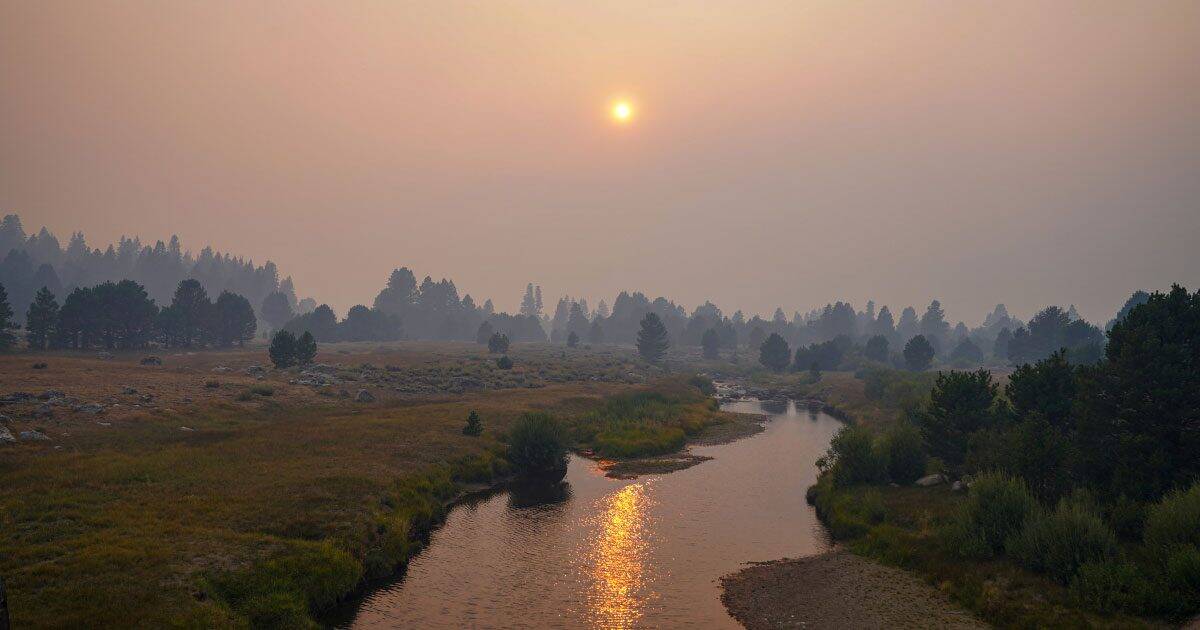California Approves Ambitious Climate Change Legislation
California Trout applauds the recent actions of Governor Newsom and the California State Legislature for signing into law a proactive plan to address the climate crisis. The new legislation, a key piece of the California Climate Commitment, includes oil well setbacks, a commitment to achieving carbon neutrality for California by 2045, clean energy goals, carbon capture through regulation, and a requirement to establish carbon removal targets for natural and working lands—all of which, together, is cementing California’s position as a global climate leader.
Climate change is the number one overarching threat to California’s native trout, steelhead, and salmon and the healthy rivers that support them, as identified in the 2017 SOS Report, a collaborative study between CalTrout and UC Davis. CalTrout’s work directly addresses the impacts from this mega threat on California’s waters and fish. For example, our organization is involved in a suite of conservation projects restoring Sierra Nevada meadows to increase their capacity in storing snowmelt and rain at elevations higher in the mountains, allowing for the steady release of water during dry periods. Healthy meadows also create fire breaks, thereby protecting forests and rivers from increasing wildfire threats. And importantly, restored meadows can sequester carbon and greenhouse gases at much higher rates compared to degraded meadow ecosystems. This work of ours to protect California’s native fish and rivers is right in line with the Governor’s strategy for investing in nature-based solutions to buffer climate impacts and store carbon.
Beyond just fish, CalTrout recognizes that we all rely on healthy waters so that our drinking water, water for growing food, recreational and commerce activities that depend on water, and overall quality of life can be ensured. Investing in California’s natural infrastructure, such as meadows, estuaries, and floodplains, provides multiple benefits such as combating climate change, promoting species diversity, and securing our precious water supply. CalTrout looks forward to continued partnership with the State and other institutions as we all fight to counteract the effects from climate change on California’s fish, water, and people. This way, we can ensure a better California for future generations.





